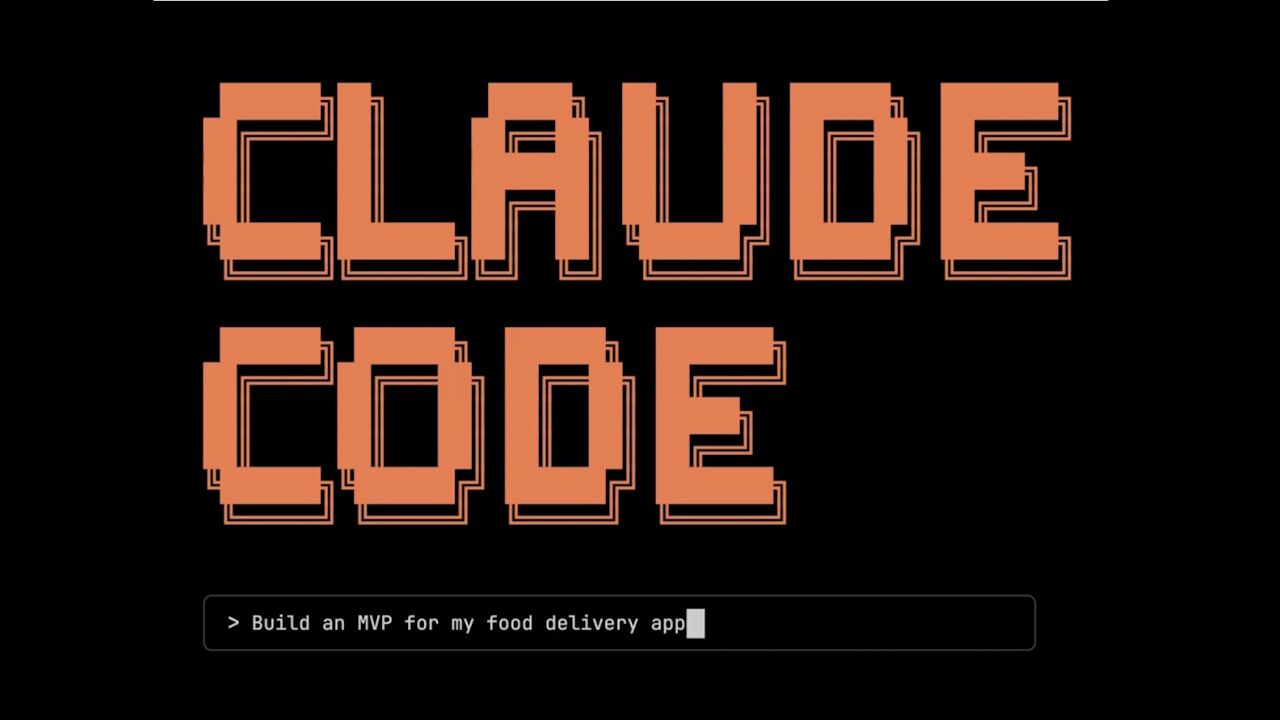In a significant evolution of the Claude Code platform, Anthropic has rolled out a new capability called “sub-agents,” aimed at simplifying the orchestration of complex development workflows. These specialized AI assistants can be tasked with focused responsibilities such as debugging, API testing, or security audits, operating independently with their own tools and context.
This modular structure addresses a persistent challenge in AI-powered development environments: context pollution. As tasks accumulate in a single conversation thread, the mix of goals, code snippets, and requests can dilute focus and degrade the AI’s performance. Sub-agents isolate this complexity, preserving a clean main thread while enabling deeper, uninterrupted focus within each delegated subtask.
According to software developer Stephane Busso, this represents a move away from the monolithic generalist AI model. “Think of them as specialized team members,” he notes, “each with their own expertise, tools, and dedicated workspace.” These agents aren’t just UI conveniences—they embody a shift toward a more human-like division of labor within AI systems.
Creating sub-agents is done via simple Markdown files with YAML frontmatter. Developers define agent capabilities using key-value pairs like name, description, and optional tools, then store them globally under ~/.claude/agents/ or locally within .claude/agents/. The project-level agents override global definitions, giving developers flexibility and control over their toolchain.
Anthropic encourages users to start by describing the agent they need directly to Claude itself. The assistant can then scaffold a draft sub-agent configuration, allowing developers to iterate from there. This design lowers the barrier to entry while promoting best-practice reuse and standardization.
The use cases are wide-ranging. A security-code-reviewer might assess OWASP vulnerabilities in an authentication module. A db-migration-specialist could analyze and execute schema changes. An api-test-generator might generate unit tests for evolving endpoints. These agents can be version-controlled and shared across teams, turning AI assistance into a composable, collaborative resource.
This functionality aligns with Anthropic’s larger strategy of enabling long-duration, agentic tasks—an ambition made clear with the launch of Claude 4 earlier this year. The new feature also comes after a period of user frustration over recently imposed usage limits. By releasing sub-agents now, Anthropic appears to be reinforcing its commitment to developer productivity and trust.
As analyst Holger Mueller puts it, this is a move “up the stack into the Platform as a Service layer.” Anthropic is no longer just building LLMs—it’s building the ecosystem around them. CEO Dario Amodei reinforces this direction, emphasizing a future where “a human developer can manage a fleet of agents,” while maintaining oversight for quality assurance.
Internally, Anthropic has reportedly adopted sub-agents in its own development processes. That self-dogfooding adds credibility to the system’s maturity and effectiveness. More details and examples are available on WinBuzzer.
Sub-agents are not just a technical upgrade—they’re a conceptual one. They turn Claude from a solo act into an orchestrated team, capable of managing real-world software complexity with clarity and control.
